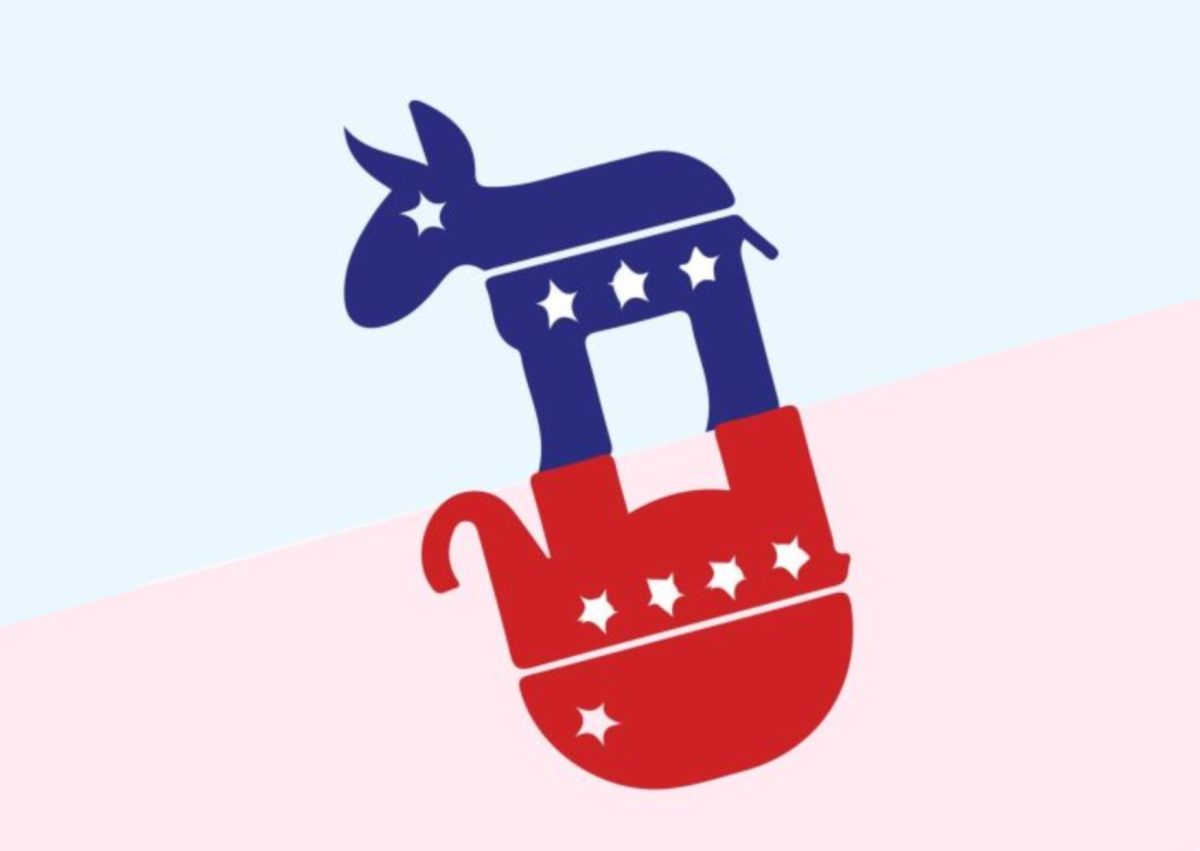There is no question that modern media profits off of entertainment.
From intense reality TV fights, such as those in the hit TV show “The Bachelor,” to celebrity drama, as seen in shows like “The Kardashians,” it is a tried and true fact that drama that gets a viewer invested is more profitable than “being real.”
This love of petty drama and trivial arguments has shone through into the modern political system. In these past election cycles, though, it appears that politicians are translating the hype surrounding drama into a reason to have dramatic political debates.
While some enjoy the new entertaining factor in the debates, such as in the past Presidential debate between Donald Trump and Kamala Harris, it almost appears as if the personal attacks have replaced the legitimacy of the debate.
If one was to travel back in time and watch a presidential debate, such as the 2008 debate between John McCain and Barack Obama, they would find it almost unrecognizable to the debates seen today.
In the 2008 debate, Obama and McCain walk up to each other, meet in the middle, and shake hands. It’s not about any sort of “power move” or intimidation: it is simply friendly.
Conversely, in the past debate of Kamala Harris and Donald Trump, there was not an initial meeting in the middle; instead, there was an unreciprocated approach by Harris, where she had to approach Trump’s stand just for a polite handshake.
While these two minutes are just small details in an hour and a half-long debate, one could argue that this very moment sets the stage for what will be a contentious debate, appearing more like a catfight than a respectful sharing of policy.
Now one may hope that, despite the rocky start, the two would go on to have a civil debate, where they respectfully addressed each other and their policies. If only that were the truth. Now, from that one-and-a-half-hour debate, the media has to deal with alleged rumors of cat and dog eating in Springfield, Ohio, and the new idea of 7th, 8th, and 9th-month abortions.
What’s the problem with this, though? Ignoring the misinformation, these sorts of claims also make it extremely difficult for either new or “late-decider” voters to fully evaluate the choices of presidential candidates. Where in the past, the two candidates’ thoughts and plans were fully laid out, now one must search between the lines of lies and distractions to come close to a semblance of a future voting decision.
Despite a confusing and potentially problematic presidential debate, this past vice-presidential debate was a breath of fresh air. While the two candidates did share an occasional jab, there was no air of overarching foolishness, and the debate was not nearly as difficult to watch as the presidential debate that preceded it.
The issue with this, though, is that a debate should not be considered refreshing compared to others just because the politicians were not fighting. This attitude is proof of a very real need for civil debates without aggression.
The reason it’s so key for politicians to be able to persuade voters with rhetoric rather than violence is simple. The 2024 election race is a tight one, with an NPR poll on Oct. 1st indicating that the balance of voters is 50% to Kamala Harris and 48% to Donald Trump. This is within the margin of error, meaning that there is a possibility that Donald Trump actually has a higher proportion of theoretical voters than Kamala Harris, and vice versa with Kamala having a larger percentage of voters than 50%. If a vote was set today, there is nothing, no factor, that could come close to indicating who would win. It is a pure mystery.
This should fuel both candidates to, in their debates, speak with eloquence and understandable terms, and cater to the undecided voters, as they happen to be possibly one of the deciding factors of the entire political race.
According to a PBS news article, 20% of voters say they still could be swayed. Fighting and aggression and attacks against each other’s character will not convince that 20% to vote for a candidate. America needs useful rhetoric, facts, and civil debates.
Because of the nature of the aggressive debates, everyone who plans on participating in the election this year should research their candidates past the debate. The grave nature of this election means that every decision made at the polling booth this year must be informed.





